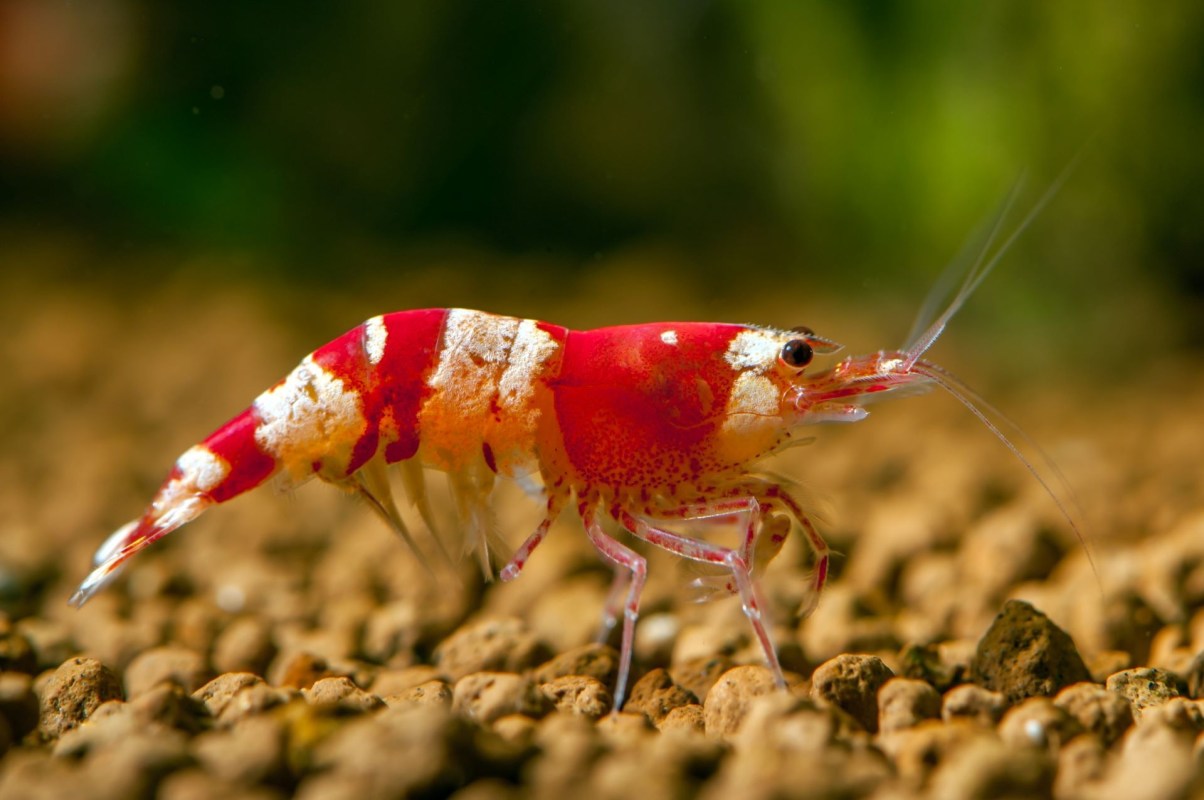The environmental impact of farming animals for leather is extremely high, so the fashion industry is searching for alternative materials with the same look and feel. That search has led to something its creator says could be a "new class of material" entirely: shrimp shell leather.
While cow leather produces enormous waste both in the farming stage and in the leather-making stage, as well as poisoning our waterways with livestock pollution and chemical runoffs, shrimp leather could solve problems rather than produce them. In addition to providing a viable alternative to cow leather, it could use the massive amounts of marine waste created by the fishing industries.
A two-year-old startup called TômTex ("shrimp textile" in Vietnamese) created the innovative product. Based in Brooklyn, New York, the company was founded by textile researcher and designer Uyen Tran.
The startup TômTex uses shrimp shells and turns it into an affordable, biodegradable, recyclable, durable, semi-breathable, realistic replacement for cow leather. https://t.co/Oxh3lZSf5H
— WIRED (@WIRED) February 22, 2023
Tran and her team have already developed the process for making TômTex, primarily out of shrimp shells, mushroom waste, and other biomaterials. Now, they are looking to scale their operation. Challenges ahead include making sure the material is durable over time and finding ways to source the non–shrimp shell ingredients.
For now, the limited production ability means TômTex is reserved for high fashion brands looking to explore alternative materials. Recently, designer Peter Do used their shrimp leather for an outfit that was on display on the runway at New York Fashion Week.
Other leather alternatives include materials made out of cork, apple pulp, and coconuts. One company has made significant progress in making a type of faux leather out of cacti.
However, many of the "vegan leathers" or "pleather" products on the market are made with plastics and fossil fuel–based resins, meaning they are simply environmentally harmful in different ways from traditional leather.
TômTex could change that, though — it is made completely with biomaterials, and Tran told Bloomberg that it could even be composted.
Join our free newsletter for weekly updates on the coolest innovations improving our lives and saving our planet.









